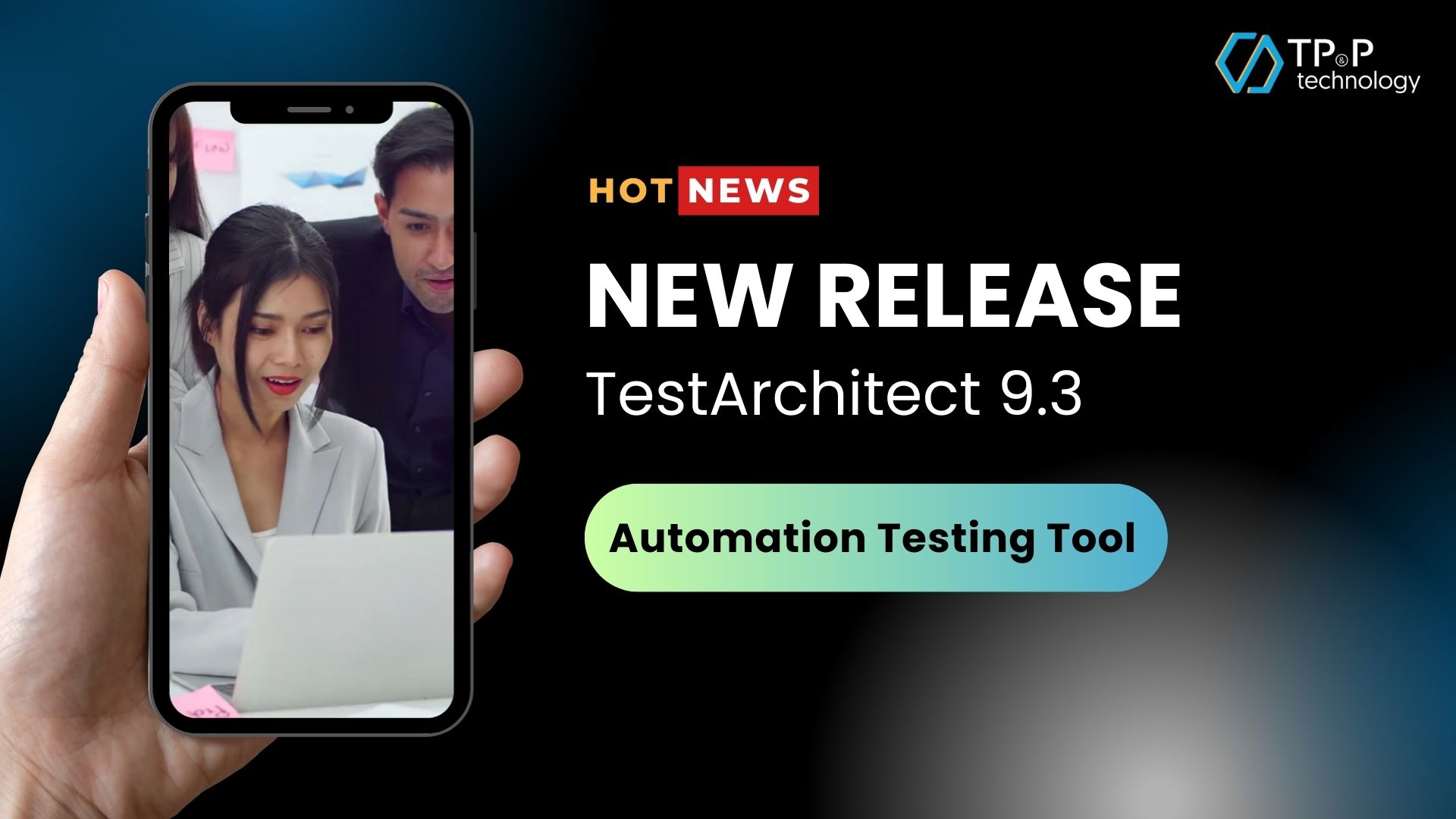
Full-Stack Development Outsourcing: What You Need To Know About
Hiring full-stack developers from software development outsourcing companies can provide a number of benefits to your projects including expertise and knowledge in both front-end and back-end coding, together with the ability to assist or even take ownership of the application design structure and implementation of the entire web application, as well as the flexibility to work on several programming languages or even database management. The demand for full-stack developers also goes up as a result.
Read more:
Custom Software Development: Full-stack vs. Mean stack
Top 8 Popular Web Development Framework
Hiring full-stack developers working on a project from beginning to end enable business organizations to save on development costs and hiring resources.
Generally speaking, when it comes to web application development, it is usually categorized into two separate areas including front-end and back-end development. Front-end development involves implementing the user interface, specifically how an application looks and feels when end-users interact with it. Meanwhile, back-end development is performed to create the logic of the application and other administration work happening behind the scene.
Here, a full-stack developer is an expert that is well-versed in both front-end and back-end development, including database administration as well as other tools required for typical web development projects. Also, full-stack developers are usually able to deal with various issues that arise along the way of the project as they participate from start to finish and understand the project thoroughly.
A typical full-stack developer usually possesses the technical skills and knowledge as follows:
1. Programming languages & third-party libraries and frameworksA qualified full-stack developer is often experienced and able to work with more than one programming language and its frameworks such as Java, .NET, Python, Ruby, etc. which can cover a range of complex web app development requirements.
Furthermore, programming languages also usually come with libraries and development frameworks such as Ruby on Rails, Python Django, Java Spring, etc. Thus, it is important for full-stack developers to understand and can leverage third-party frameworks and libraries for their web app project development.
A skilled full-stack developer should also be able to assist with or design the application structure, perform tests and fix bugs, and implement the most up-to-date development best practices.
2. Front-end technologyA solid understanding and knowledge of front-end technologies are clearly vital for full-stack development. A fully functional full-stack developer needs to have a good understanding of the latest front-end technologies such as HTML5, CSS3, and JavaScript, as well as possess a good proficiency in front-end frameworks such as JQuery, AngularJS, REACT, etc.
3. Database AdministrationBesides, most web applications require a database to function, thus, a full-stack developer may need to assist with the development process which requires database administration skills and the capability to handle several popular databases such as MongoDB, MySQL, MS-SQL, etc.
Apart from technical knowledge and skills related to coding, a full stack developer is also required to stay up to date with software development best practices and other aspects of web development like security, UI/UX design, software testing & QA, etc. Moreover, other soft skills such as basic project management, problem-solving, teamwork, and time management are just as important when for a full-stack developer to be considered when hiring.
Next, let’s explore some of the benefits offered by hiring a full-stack development company for your project:
- Expertise and experience in both front-end and back-end development: A well-rounded full-stack developer can easily change between front-end and back-end development (or work on both) according to the requirements of the project. This allows business organizations to save on time and money instead of having to hire individual developers to work on separate front-end and back-end components.
- Technical architect and software design: Another advantage of hiring full-stack software developers or development companies is that not only they can participate in the coding and development, but can also support the creation and review of the application architecture and work to optimize the application performance as needed.
- Cost-effectiveness: The development cost is likely to increase if you employ an individual front-end developer and another separate back-end developer, whereas any full-stack developer can handle all the work. A professional software company that offers full-stack development can have a team of technology experts readily available to work on a range of complex web development projects in their entirety.
- Speed and time-to-market improvement: The whole project team of full-stack developers can divide the work and complete the tasks regardless of front-end or back-end, according to the project requirements, this allows them to get things done quickly and on time.
- Software Maintenance and Innovation: Generally speaking, a full-stack software development company keeps up to date with new tools and technologies more frequently and faster than any others. This helps to improve the overall knowledge of all components of the web app development process, making maintenance and software release upgrades more efficient.



